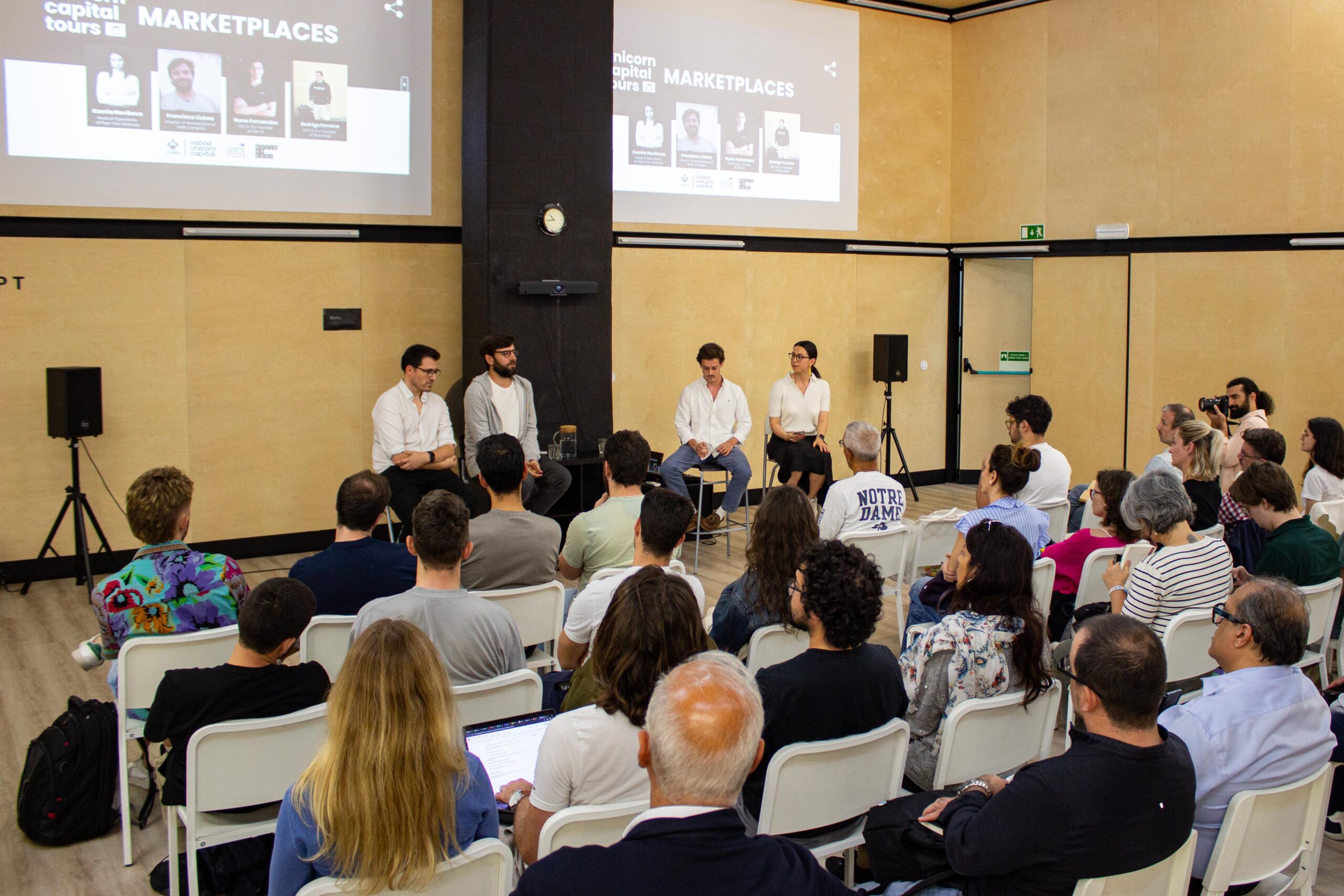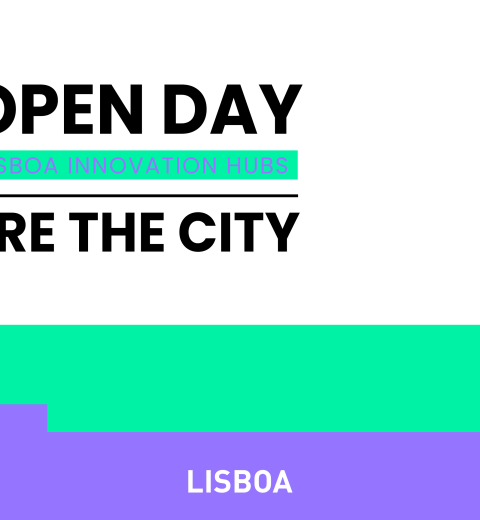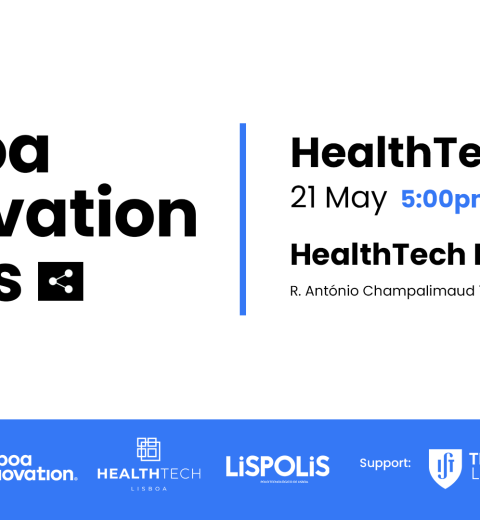For those who are outsiders regarding issues related to entrepreneurship and business in the digital age, the meaning of the word “marketplace” may not come immediately to mind. But if we say “Amazon” or “eBay,” it becomes clear right away.
That’s right. Both are examples of marketplaces. In simpler terms, a marketplace is a virtual mall that connects sellers and buyers, whereas e-commerce is the store.
With these clarifications out of the way, it is important to know the experiences and testimonies of those who have digital businesses and chose a marketplace as their preferred space to showcase their products and scale their business.
Nuno Fernandes, CEO & Co-Founder of DIG-IN, Rodrigo Ferreira, CEO & Co-Founder of Blanched, and Francisco Lisboa, Director of Marketplace at Indie Campers, with moderation by Ksenia Novikova, Head of Operations at Flyer One Ventures, talked about the pros and cons of being in a marketplace for their businesses. This was the chosen topic for the last tour of the season of Lisboa Unicorn Capital, which took place at Build Up Labs.
Preliminary and unique point: Information is power. Information is value and money.
Francisco Lisboa confirms this fact by describing the first steps of Indie Campers (a motorhome rental company). “We started with our own fleet, but then to expand our business to the rest of Europe, we decided to enter markets where we were not known: the UK, France, Italy, and there we realized that we needed to create a community. We did our benchmarking and moved forward. We sought to see how people engage in these areas of supply, studied our competitors, researched a lot about potential customers, and, of course, with all the detailed information, based on many customer reviews, we chose Google and Trip Advisor, which proved to be fundamental tools,” he emphasized.
Rodrigo Ferreira decided to take a leap forward about a year ago and ventured into creating his own platform for job offers and demands targeted at the restaurant sector, Blanched. “We first started by selling our vision before selling the actual product; to potential customers, we presented our business idea and the goals we aimed to achieve. The approach began like this. Then, we decided to create our own platform on WhatsApp, where we built our community, which currently gathers more than 2,000 people.”
For Nuno Fernandes of DIG-IN, “metrics (obtained from social networks) are relevant tools as they serve to illustrate business trends, help define strategies, and make decisions, particularly regarding fundraising or expansion.”
Francisco Lisboa summarizes: “Observing what the competition does in the ‘marketplace’ where we operate is very important. In fact, the supply is one of the best metrics we can use, as it allows us to improve our performance, betting on differentiation, creating partnerships with suppliers, for example, or arranging promotions.”
“Engagement, Momentum, and Scalability” are almost the “Holy Trinity” for those positioned in a marketplace. Like everything, this business model has advantages and disadvantages, and each project has its particularities. When deciding, it is crucial to have information and objective data, as one must choose between “being alone or (well) accompanied.”






